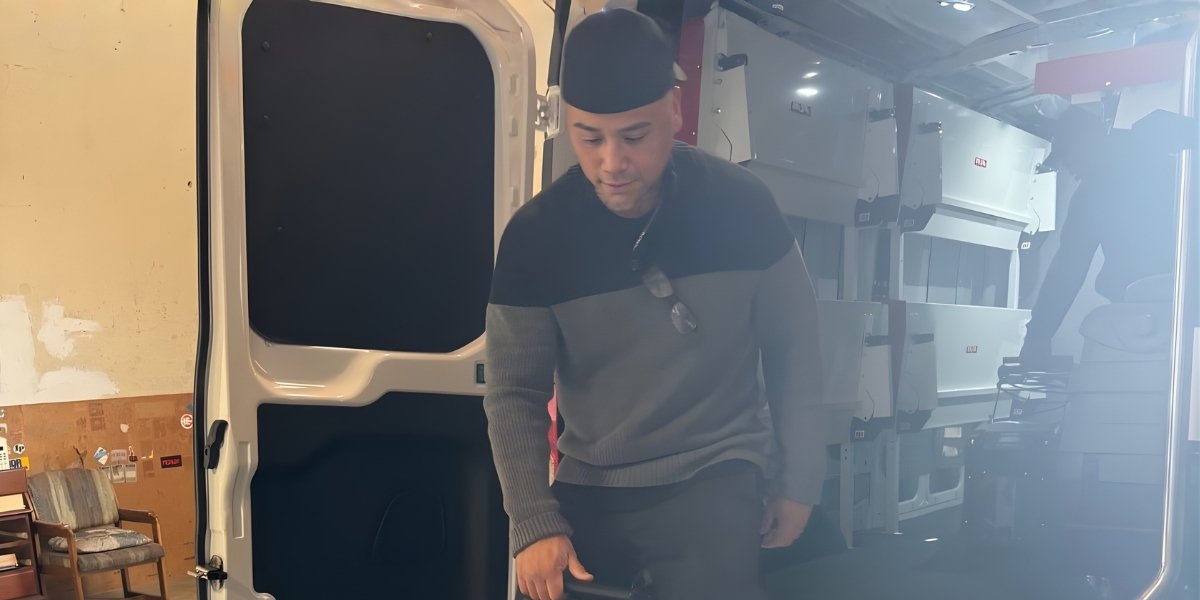Indoor air quality is a matter of utmost importance for nursing homes, particularly for the vulnerable senior citizen population. The COVID-19 pandemic has highlighted the significant impact of subpar indoor air quality on this demographic. Inadequate ventilation and the presence of harmful microparticles pose serious health risks to seniors. Recognizing the critical nature of clean air, the CDC issued guidelines in 2023 recommending HEPA 13 filtered air purifiers to mitigate the risks associated with airborne contaminants.
The natural decline in immune function and the prevalence of age-related health issues make senior citizens particularly susceptible to the adverse effects of poor indoor air quality. This heightened vulnerability was tragically highlighted during the COVID-19 pandemic, where nursing homes experienced a disproportionately high number of cases. This stark reality underscored the critical need for implementing enhanced air quality measures in these facilities. Society can create a safer and healthier environment for its most vulnerable population by prioritizing improved air quality in nursing homes.
Unfortunately, many nursing homes lack adequate ventilation and indoor air quality management systems. This exposes residents to many airborne pollutants, including harmful viruses, mold spores, and other microscopic particles that can exacerbate respiratory problems and heighten their susceptibility to illness. Implementing effective air purification solutions goes beyond mere comfort; it’s a crucial step in safeguarding the health and well-being of senior residents.
HEPA 13 filtered air purifiers have emerged as a highly effective solution for combating indoor air contaminants. These purifiers can remove microparticles such as COVID-19, influenza viruses, mold spores, and more. Their ability to provide immediate clean air within a room makes them an indispensable tool in nursing home environments, ensuring the safety and well-being of senior residents.
Steve Fontaine, “America’s Indoor Air Expert” ™, an expert in indoor air quality, offers valuable assistance in selecting appropriate air purifiers tailored to nursing home settings. His expertise extends to identifying the right-sized air purifier at an affordable cost while also facilitating access to products with lifetime warranties. Fontaine’s knowledge can significantly improve indoor air quality for senior citizens in nursing homes.
Maintaining high indoor air quality in nursing homes is not just important; it’s crucial for the well-being of senior citizens who often suffer from respiratory conditions and other illnesses exacerbated by poor air quality. By adhering to CDC recommendations and leveraging expert guidance from individuals like Stephen Fontaine, nursing homes can create healthier environments that promote the overall wellness of their senior residents. Investing in HEPA 13 filtered air purifiers represents a proactive step toward ensuring a safer and healthier living space for senior citizens in nursing homes.
Summary
Poor indoor air quality is a significant health risk for seniors in nursing homes, with the COVID-19 pandemic tragically highlighting this issue. Inadequate ventilation exposes residents to harmful pollutants like viruses and mold spores, worsening respiratory problems. HEPA 13 air purifiers offer a powerful solution, removing these contaminants and creating a safer, healthier environment for vulnerable senior citizens.
Call or contact Steve Fontaine for a free consultation.
Published by: Nelly Chavez












